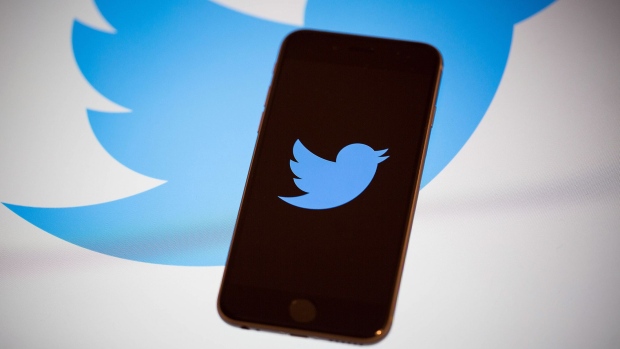Dec 9, 2021
Women Don’t Flag Twitter Abuse Because 100% Say It’s Not Worth the Effort
, Bloomberg News

(Bloomberg) -- As Twitter rolls out a new process for reporting abuse on its site, an Amnesty International survey details just how futile it feels to flag bad behavior on the social-media platform. A full 100% of those who experienced online abuse or harassment but did not report it said, why bother.
Amnesty’s 2021 Twitter Scorecard, released on Tuesday, included a survey of 500 women about their habits on the app, as well as the treatment they receive from other users. Women make up approximately 32% of Twitter’s 69 million users in the U.S., and 23% of survey respondents said they had experienced online harassment or abuse. The more women use the platform, the more likely they are to be on the receiving end of abuse.
Twitter is “falling short on its promises to protect users at heightened risk of online abuse,” says Michael Kleinman, Amnesty International USA’s director of Technology and Human Rights.
Eighty-four percent of female respondents who use the platform “numerous times a day” said they have reported abuse, and 25% said they were dissatisfied with the response they received from doing so. Accordingly, 100% of women who used Twitter multiple times a week but did not report any abuse they experienced said it was “not worth the effort” to do so.
Read More: Twitter’s Highest-Profile Users Get VIP Treatment When Trolls Strike
“I don’t report anything anymore. Twitter seems to consider blatant threats just a ‘difference of opinion,’ and doesn’t take action,” reproductive rights activist Renee Bracey Sherman told Amnesty in the survey. “When I did use to report things, it would take Twitter months to respond, and they would almost always say that what I reported was not a violation of their terms of service.” The 2018 Twitter Scorecard found that Black women were 84% more likely to be on the receiving end of abuse than their white counterparts.
In a statement, Twitter said it would continue experimenting with solutions to problems its users are facing. The company also announced on Tuesday that it’s testing a new “symptoms-first” reporting system that reimagines how users report abusive content.
Women, however, have already adjusted their habits. “I’m not the same person I was before on Twitter,” reproductive rights activist Pamela Merritt said in the survey. “If I’m not in the mood to deal with incoming [abuse], then I don’t share my thoughts…It’s sad that I first have to question whether I'm in a good emotional space before I open an app on my phone.”
©2021 Bloomberg L.P.





